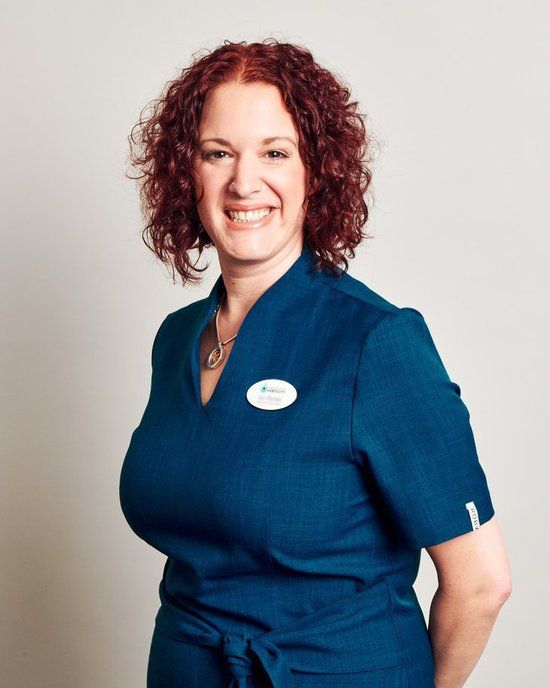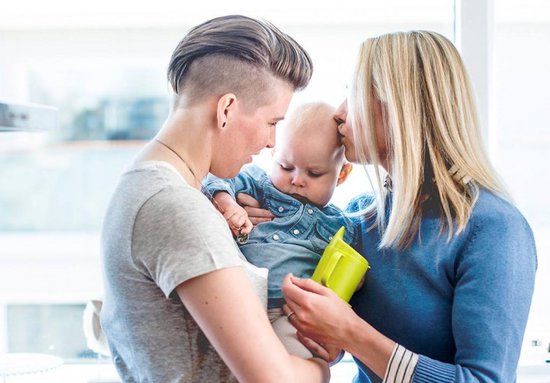
At Manchester Fertility, we offer a range of leading fertility treatments. We understand that when you are researching IVF, it can be confusing, and that’s why our ICSI blog is to help you understand more about what ICSI treatment is. Plus, answer some of your questions on why this treatment might be something you want to learn more about.
What is ICSI treatment?
ICSI (Intracytoplasmic sperm injection) is one of the most common treatments for male fertility issues and is performed as part of IVF treatment, but the fertilisation technique is different. In IVF, the sperm is mixed with the egg and then left to fertilise. But with ICSI, a single sperm is extracted from the sample and injected directly into the egg.
ICSI treatment can help with potential problems the sperm might have in penetrating the egg, helping to maximise the chance of fertilisation.
The history of ICSI treatment
We asked Manchester Fertility’s Managing Director and Embryologist, Dr Debbie Falconer, some questions about the history of ICSI and how it has evolved into the treatment, it is today.
Debbie says:
Prior to the introduction of ICSI there was little treatment that could be offered to patients with male infertility. The technique was pioneered in Brussels in the early 1990’s with the first baby born in 1992. ICSI opened up treatment for men with very few viable sperm.
When is ICSI recommended?
After a consultation with one of our highly experienced medical specialists, ICSI may be advised for any of the following reasons:
- a low sperm count
- poor sperm morphology or motility
- high levels of DNA damage in the sperm
- you are using sperm recovered through surgical sperm retrieval
- previous failed fertilisation from conventional IVF
What is the ICSI process?
Following a consultation with our fertility specialist about your chosen individualised treatment plan, the ICSI procedure can begin.
- The first stage is ovarian stimulation; this will help the woman produce mature eggs.
- A short while after the ‘trigger’ injection, around 35-38 hours. The egg retrieval takes place in our clinic theatre.
- The sample is washed and prepared by our expert embryology team. An individual sperm cell is then selected and injected into the egg in a microscopically precise procedure.
- Our Embryology team will then monitor the eggs for fertilisation.
- The embryos are then placed in an incubator for 2-5 days to continue their development before the embryo transfer.
- The best quality embryo(s) chosen is transferred into the uterus by our expert fertility consultant.
- The remaining embryos that are of good quality are frozen and stored.
IVF & ICSI Success Rates
You can view our IVF & ICSI Success Rates on our success page here.
The 2019 HFEA verified clinical pregnancy rates per embryo transferred for IVF/ICSI using own eggs. We are proud to say that we have consistent rates with the national average.
What does ICSI treatment cost?
Our patient-focused approach means we are open, honest, and transparent with our pricing from the very beginning. At Manchester Fertility, IVF treatment with ICSI currently costs £4,900* . The exact price may also vary according to your individual circumstances – but don’t worry; you’ll receive a full breakdown of your ICSI cycle’s costs on your finance call with our New Patient Coordinator Team as part of your personalised treatment plan.
You can also benefit from a range of payment options, such as the ICSI treatment package; on our price page, it explains everything that is included, so you have peace of mind upfront. Explore our ICSI package options.
Why choose Manchester Fertility for ICSI treatment?
As one of the UK’s leading fertility specialists, we’ve been helping people to create families for more than 35 years, during which time over 7,000 new babies welcomed into the world.
Our warm, welcoming approach is always centred on the individual needs of our patients. We see every patient as unique and provide personalised treatment plans that are matched to your specific circumstances, providing expert advice and guidance that is clear, honest, and transparent.
Along with our award-winning purpose-built clinic and advanced latest technologies, we are dedicated to helping people achieve their dreams of becoming parents.
Our doctors, consultants, embryologists, midwives, and nurses, all are leaders in their field, are supported by our caring and highly experienced New Patient Coordinator Team and In-Patient Team, who will be with you from the moment you contact us.
Our team are welcoming and help make our clinic the warm, friendly place it is today. You can meet all our friendly faces here.
Care and support at every stage
Undergoing fertility treatment can be an understandably emotional journey, so we do everything we can to support and reassure you with exceptional care and compassion.
Our team includes trained Fertility Counsellors who understand what you’re going through. In sessions with your partner or by yourself, we will listen, helping to put your mind at ease and make sure you fully understand everything involved. All sessions are highly confidential and private. See all our counsellors on our team page here.
We also have a Fertility Support Group on Facebook led by our experienced, Senior Patient Advisor – Hayley, which allows you to connect with other patients and share your experiences.
Our support group due to Covid is currently all online – but that fertility support in our private forum is there and is where you can connect with others who may be experiencing the same things as you. Once you are a patient with us, you can join us by searching Manchester Fertility Support Group on Facebook.
Want to talk more to our New Patient Coordinator Team?
Your pathway to parenthood could begin with a phone call - at the other end of the phone are our New Patient Coordinator Team, who can talk you through those very first questions.
You can call Kelly and her friendly team on 0161 300 2737 to book a free 1-2-1, or if you prefer, you can book it online here; you can pick your preferred date, and the team will call you back for your 1-2-1 discovery appointment.
Last updated: 15th November 2021








